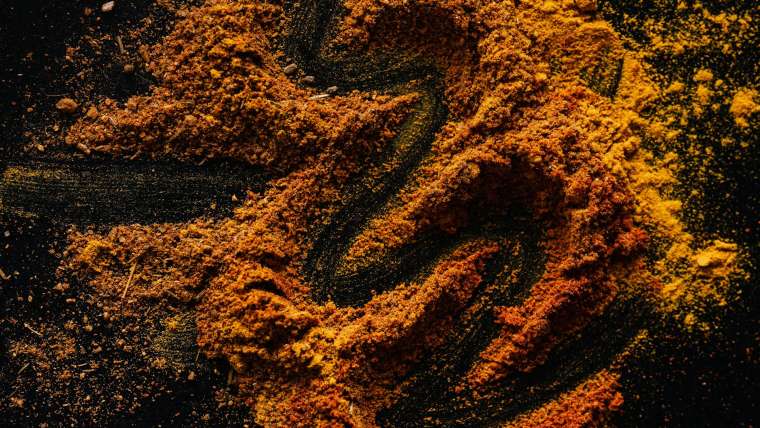Discover the incredible power of the mind in overcoming trauma and conquering PTSD with unwavering inner strength and resilience.
Table of Contents
Post-Traumatic Stress Disorder, commonly known as PTSD, is a mental health condition that can develop after experiencing a traumatic event. While the symptoms of PTSD can be debilitating, it is important for individuals to understand that it is possible to overcome this condition with the right support and mindset. In this blog post, we will explore how inner strength and mental health strategies can help individuals conquer PTSD and reclaim their lives.
Understanding PTSD
PTSD can develop after a person experiences or witnesses a traumatic event such as a natural disaster, serious accident, physical or sexual assault, war, or other life-threatening events. The symptoms of PTSD can vary from person to person and may include flashbacks, nightmares, severe anxiety, and uncontrollable thoughts about the event. It is important to recognize these symptoms and seek help from a mental health professional if you believe you may be suffering from PTSD.
Building Inner Strength
One of the key components of overcoming PTSD is building inner strength. This involves developing resilience, coping skills, and a positive mindset to face and conquer the challenges that come with this condition. It is essential to focus on self-care, practice mindfulness and relaxation techniques, and surround yourself with a supportive network of friends and family members who can provide emotional support.
Resilience
Resilience is the ability to bounce back from adversity and overcome challenges. Building resilience involves acknowledging your strengths, setting realistic goals, and learning from your past experiences. By developing resilience, individuals can enhance their ability to cope with the symptoms of PTSD and navigate through difficult times with courage and determination.
Coping Skills
Developing effective coping skills is crucial in managing the symptoms of PTSD. Coping skills can include relaxation techniques such as deep breathing, meditation, and yoga, as well as engaging in physical activity and creative outlets to channel your emotions in a positive way. By practicing healthy coping mechanisms, individuals can reduce stress levels and improve their overall well-being.
Positive Mindset
A positive mindset is a powerful tool in overcoming PTSD. By focusing on the present moment, practicing gratitude, and reframing negative thoughts into positive affirmations, individuals can shift their perspective and approach challenges with optimism and resilience. Cultivating a positive mindset can help individuals build inner strength and enhance their mental health journey.
Seeking Professional Support
While building inner strength is essential in conquering PTSD, seeking professional support is equally important. Mental health professionals, such as therapists, psychologists, and psychiatrists, can provide specialized treatment, therapy, and medication to help individuals manage and overcome their symptoms. Cognitive Behavioral Therapy (CBT), Eye Movement Desensitization and Reprocessing (EMDR), and medication can be effective treatments for PTSD and can support individuals on their path to recovery.
| Mind Over Trauma: Conquering PTSD with Inner Strength | |
|---|---|
| Chapter | Topic |
| 1 | Understanding PTSD |
| 2 | Effects of Trauma on the Brain |
| 3 | Building Inner Strength |
| 4 | Overcoming Triggers |
| 5 | Healing through Mindfulness |
| 6 | Developing Coping Strategies |
Embracing Self-Care
Self-care is an important aspect of overcoming PTSD and maintaining overall mental well-being. Prioritizing self-care involves taking care of your physical, emotional, and spiritual needs, engaging in activities that bring you joy and relaxation, and setting boundaries to protect your mental health. Whether it’s practicing mindfulness, taking a nature walk, or indulging in your favorite hobby, self-care is essential in nurturing your inner strength and resilience.
Connecting with Supportive Networks
Building a supportive network of friends, family members, or fellow survivors can provide emotional support and encouragement on your journey to conquering PTSD. Sharing your experiences, seeking guidance, and connecting with others who understand your struggles can help alleviate feelings of isolation and provide a sense of belonging and understanding. Surrounding yourself with supportive networks can create a safe space for healing and growth.
Conclusion
PTSD is a challenging mental health condition, but with inner strength, resilience, and the right support, individuals can conquer their trauma and reclaim their lives. By focusing on building inner strength, seeking professional support, embracing self-care, and connecting with supportive networks, individuals can navigate through the challenges of PTSD and emerge stronger and more resilient. Remember, you are not alone on this journey, and with dedication and determination, you can overcome PTSD and thrive in life.
References
List of reputable sources and organizations for further information on PTSD, mental health support, and trauma recovery:
– National Institute of Mental Health – PTSD
– National Alliance on Mental Illness – PTSD
– National Center for PTSD – U.S. Department of Veterans Affairs
FAQs
How can I support a loved one who is struggling with PTSD?
Answer 1: Offer a listening ear, validate their feelings, encourage them to seek professional help, and provide emotional support without judgment.
Is it possible to overcome PTSD without professional help?
Answer 2: While professional support is recommended, building inner strength, practicing self-care, and connecting with supportive networks can also aid in overcoming PTSD.
What are some effective coping strategies for managing PTSD symptoms?
Answer 3: Coping strategies such as deep breathing, meditation, physical activity, and creative outlets can help manage stress and improve overall well-being.
How can mindfulness and positivity help in conquering PTSD?
Answer 4: Mindfulness can help individuals stay present and calm, while cultivating positivity can shift perspectives and build resilience in facing the challenges of PTSD.





